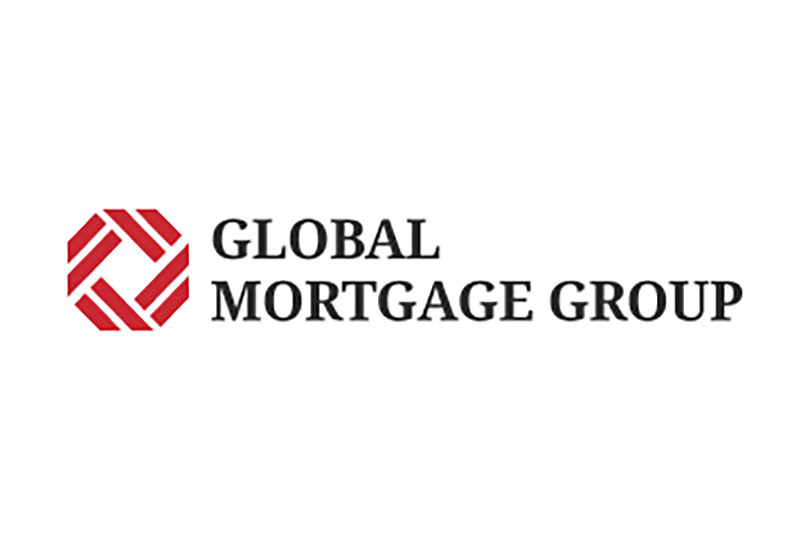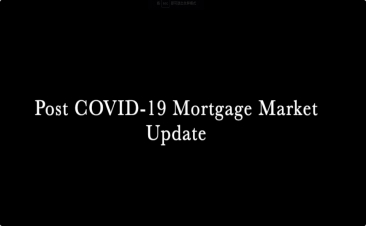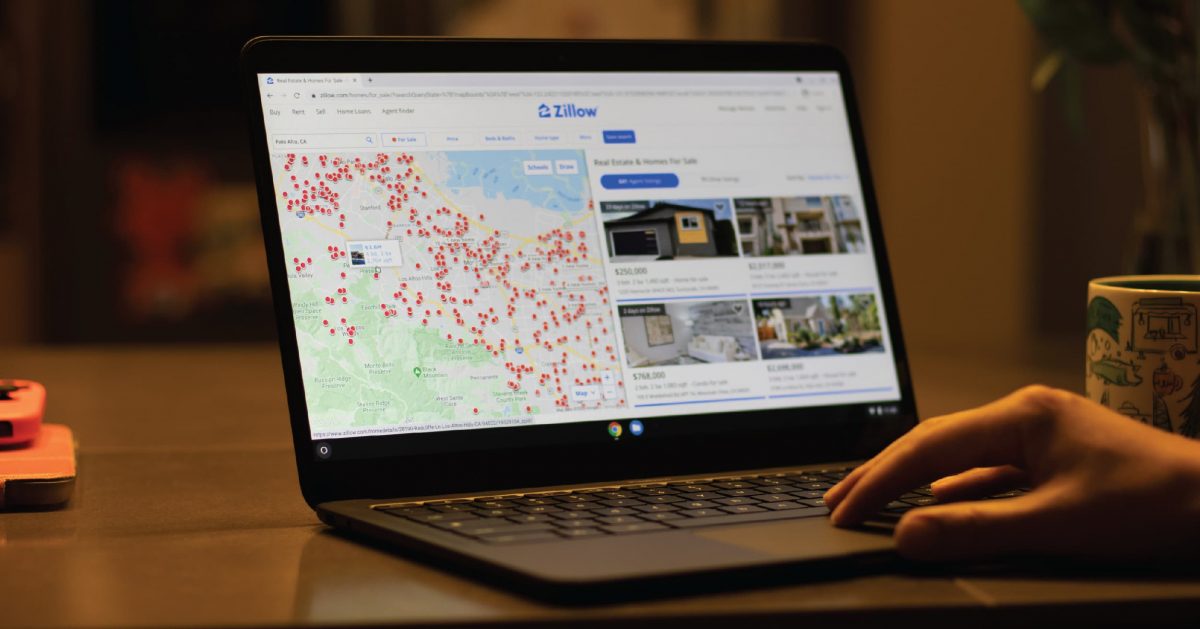Investors sometimes ask if it makes sense to buy a rental property in another country when they live so far away. Often, they’re curious about exploring other areas because there are few good deals left where they live, or they’ve heard that certain locations have excellent returns.
During the peak real estate years of 2003–2007, investors from all over the world were calling Realtors in U.S. states like Arizona, Georgia, and Florida, to snap up investment properties — often without even seeing the homes in person. Mainly the purchases were cash; however, if they would have applied for a mortgage, they could have been assured that a bank or private lender will not lend on a property that does not meet certain specifications or values. It is certainly the best way to make sure you’re buying at the right price, and the right condition.
Regardless if you live in Singapore, Hong Kong, Shanghai, or Seoul, it’s important that investors are prudent and take certain precautions when purchasing global assets. As one of the only Asia-based U.S.-centric mortgage brokers, Global Mortgage Group can assist you with honest advice and guidance on financing these investments.
Why be a Long-Distance Landlord?
There are pros and cons inherent with long-distance real estate investing. Let’s take a look at the pros first:
1. You have the freedom to invest in more affordable areas. By not restricting yourself to the area in which you live, you open up a whole new world of investing possibilities. Many investors in high-cost-of-living areas such as Singapore, Hong Kong, Tokyo or Seoul can no longer afford to buy investment homes where they live, but are finding the Midwest and Southern U.S. states to be much more affordable. In addition to cheaper sales prices, these areas also have lower taxes and dwelling (i.e. rental property) insurance premiums.
2. You can fund your future retirement home. Some global real estate investors buy a home in a retirement town with an eye toward living there or as a second home one day. They may buy a condo near the beach or a ski cabin in the mountains. Then they rent the home out with either short- or long-term leases, and in the process, their tenants pay down the loan principal until the investor is ready to retire or visit. By then, the mortgage might be fully paid off.
3. You may gain new tax deductions. Many parents have children who attend college in the U.S. state. Instead of spending a fortune on a dorm room and semi-annual visits, they buy a modest three-bedroom home near campus. The student lives in this home and rents the other two bedrooms to some friends. The parents save on dorm fees and offset a good part of the total mortgage payment with the rent collected from the other students (or better yet, their parents). Furthermore, each time that the parents travel to visit the child, 50% of their total trip expenses can be legally written off on their income taxes because they’re also inspecting their property (please consult your U.S. tax advisor).
Handling the Disadvantages of Long-Distance Real Estate Investing
Make no mistake: owning rental property far from home can be a complex undertaking. There are several challenges long-distance landlords often encounter:
1. Lack of knowledge about the area in which they’re investing
2. Lack of familiarity with good local service providers
3. Relying on others to take care of day-to-day problems or repairs
4. Difficulties in getting the rent paid on time
But these obstacles don’t have to prevent you from purchasing long-distance rental property. Global Mortgage Group has Asia-based associates familiar with either the U.S. or Australian market. They can answer questions you may have and often can refer you to agents they have worked within these areas.
Here are some ways to make your global real estate investment a success;
1. Do your homework and learn about the area. Begin by hiring a good Realtor from the area you’re interested in. You can browse websites such as Realtor.com, Zillow.com, or Trulia.com to get the names of several Realtors in the area who regularly sell investment properties. Interview each Realtor by phone, and ask those you like best to send you listings of homes for sale that meet your criteria. Browse rental properties online to get a feel for the return that you can expect on homes in your price range.
Because there are more expenses involved in buying and managing long-distance real estate—such as the travel expenses you’ll incur to visit the property—don’t rule out foreclosures, short sales, and other distressed properties that can be purchased at a substantial discount to comparable homes in the area. This type of home probably won’t be move-in ready, but after you make the necessary improvements, it should yield some start-up or “sweat” equity. It is important to keep in mind that in order to obtain a good mortgage, the property must be in “liveable” condition. If you find a great deal and it needs work, Global Mortgage Group has several non-citizen, foreign national mortgage programs that can give you the purchase and the renovation financing.
2. Find a reliable and affordable property management agent. It’s not very difficult to make the necessary calls as problems arise, but if you find that landlord duties such as managing repairs and collecting rents is becoming too stressful, ask your Realtor or search online for a reliable and affordable property management services. The monthly fee for property management will range from 10%–12% of the rent. Do your homework and research their reviews fees and responsibilities.
3. Automate or simplify rent collection. There are a couple of ways to handle collecting rents on time. Some tenants can have their rent automatically deposited into your bank account.
You can also have tenants deposit the money into an account at a local bank—you’ll get the rent faster than if they mailed you a check. To encourage timely payment, send them an email or text reminder as the first of the month approaches.
Once you’ve rehabbed the property and your tenants are in place, your rental should run on autopilot for quite a while. If your tenant calls with an occasional repair problem, you can simply pick up the phone and put them in contact with your property manager.
In summary, there are many advantages to buying long-distance real estate, and while there are some disadvantages, they can be easily handled if you’ve done your initial research and set up a network of reliable resources. If you are a non-citizen or an expat and thinking about buying U.S. real estate with a mortgage loan, we can help. Global Mortgage Group only focuses on buyers that either do not live in the country which they intend to purchase or do not carry the passport. We do this every day, all day.
One of our associates or partners will be happy to answer any questions you may have regarding mortgage financing for your investment. Please send us a message at [email protected].



























